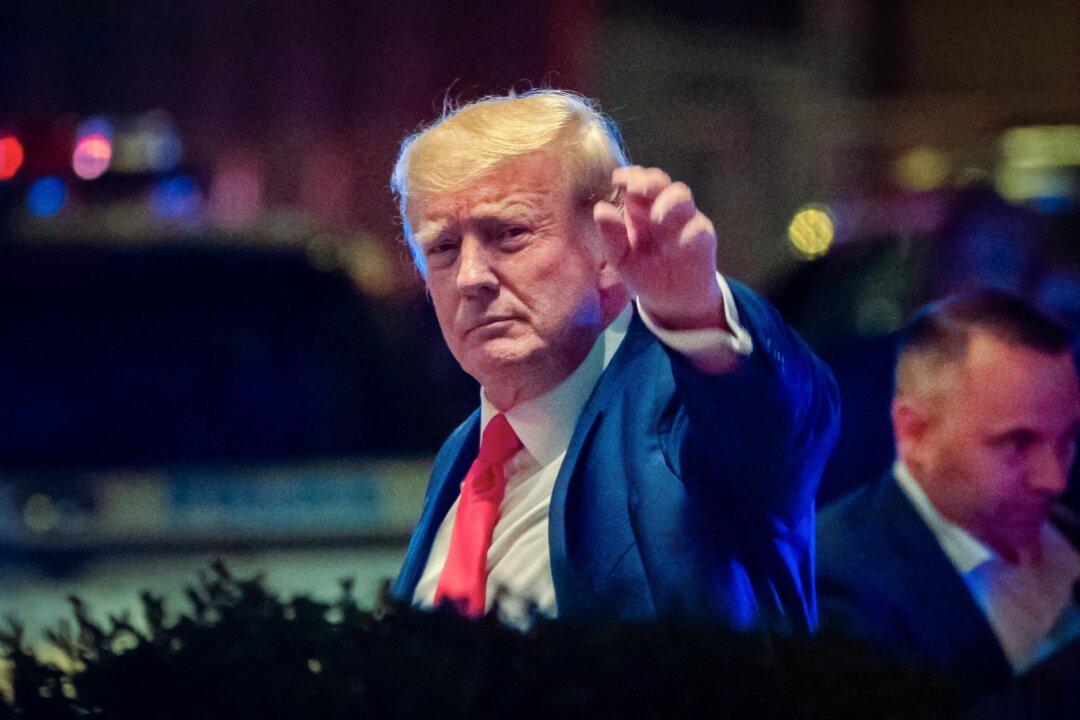Several members of the United States Court of Appeals for the D.C. Circuit suggested they might narrow a gag order that was imposed on former President Donald Trump in his election case, coming weeks after a lower court judge imposed the ruling.
In mid-October, U.S. District Court Judge Tanya Chutkan ruled that the former president cannot publicly comment on court staff, prosecutors, or witnesses. The former president, who polls show is the leading GOP presidential candidate, appealed her order, while federal prosecutors have argued that the order should be upheld.





